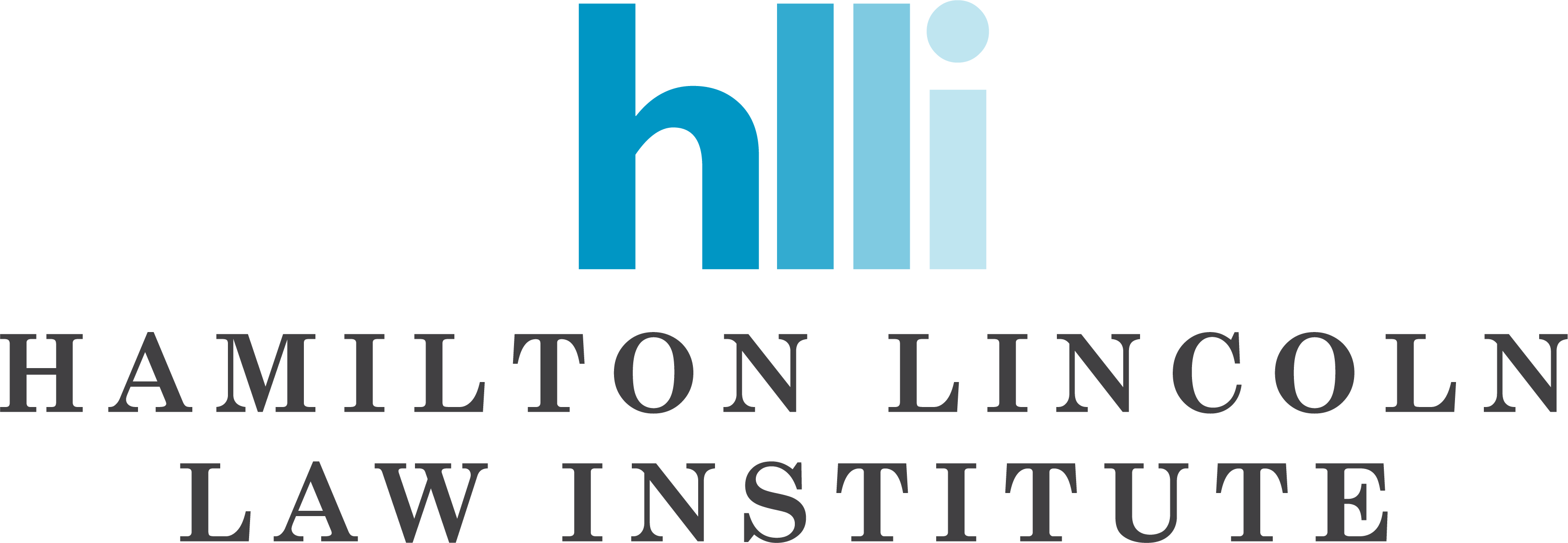August 23 – FOR IMMEDIATE RELEASE
Washington D.C. — On Monday, August 21, the Hamilton Lincoln Law Institute fought back against the Consumer Financial Protection Bureau’s unlawful attempts to discriminate against certain viewpoints and engineer social policy outside its statutory mandate with an amicus brief filed in the case CFPB v. Townstone Financial, Inc., pending before the U.S. Court of Appeals for the Seventh Circuit. HLLI’s brief supports Townstone, a mortgage broker based in Chicago, that succeeded in having the district court dismiss CFPB’s complaint against it. HLLI’s brief argues that the appellate court should affirm that decision.
CFPB initiated an enforcement action against Townstone alleging that the company violated the Equal Credit Opportunity Act (“ECOA”) and Regulation B, the associated implementing regulation. CFPB asserted that certain comments made by Townstone employees during radio shows and podcasts produced by the company disparaged African Americans and thereby discouraged minorities from applying for mortgages with Townstone. Remarkably, CFPB’s complaint failed to allege that a single individual heard any of the the handful of cherry-picked comments, was offended by the comments, and consequently was discouraged from applying for a mortgage with Townstone.
The district court, applying the Chevron framework, granted Townstone’s motion to dismiss the complaint. HLLI’s amicus brief offered two independent reasons to affirm the district court. First, CFPB’s application of Regulation B violates the First Amendment because it discriminates based on viewpoint and distorts the marketplace of ideas by punishing the dissemination of truthful information. Second, HLLI argued that CFPB’s complaint failed the plausibility standard required by the Supreme Court because the allegations were nothing more than conclusory bureaucratic speculation. CFPB’s complaint amounts to regulatory overreach because it represents an effort to strong-arm “inclusive” social policy rather than to punish and deter invidious discrimination, which was Congress’s intent when it passed the ECOA.
CFPB is an agency with vast power over American business, but that power is not limitless. CFPB exceeded its authority when it filed the complaint against Townstone and the district court appropriately checked CFPB’s overreach when it granted Townstone’s motion to dismiss.
* * *
Founded in 2019, Hamilton Lincoln Law Institute is a nonprofit public interest law firm that challenges improper restrictions on speech, administrative and regulatory actions, and abuses of the class action and civil justice system that exceed constitutional limits, promote rent-seeking, or otherwise improperly created deadweight loss.
As a nonprofit, tax-exempt organization as defined by section 501(c)(3) of the Internal Revenue Code, HLLI relies on support from individuals and foundations that share a commitment to individual liberty, free enterprise, and limited government.
